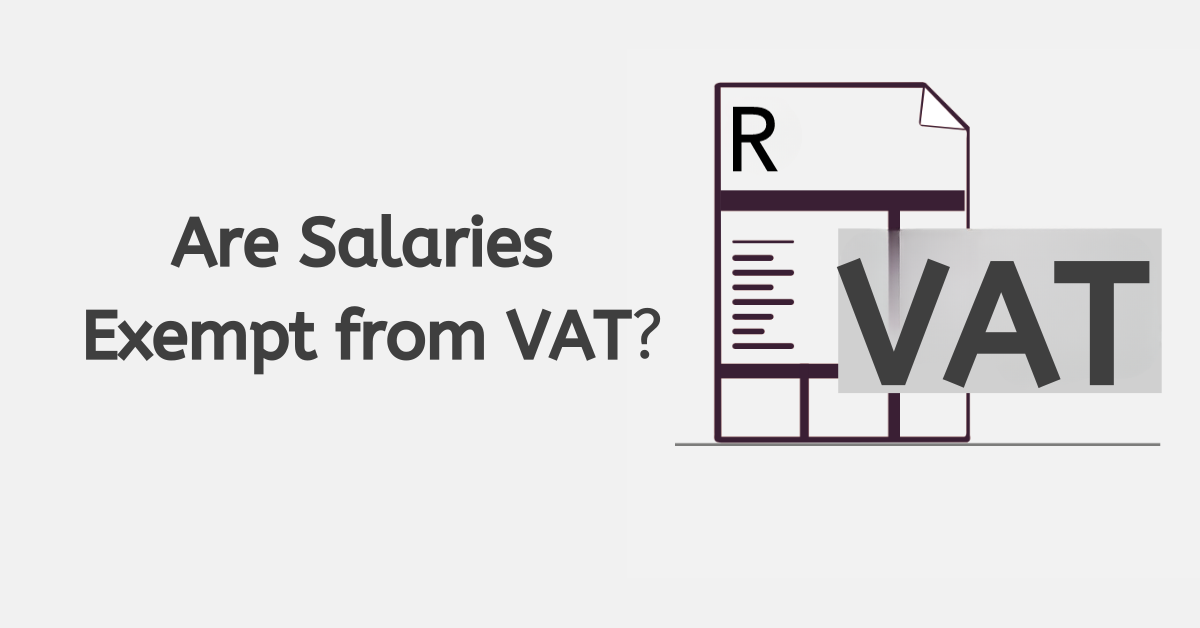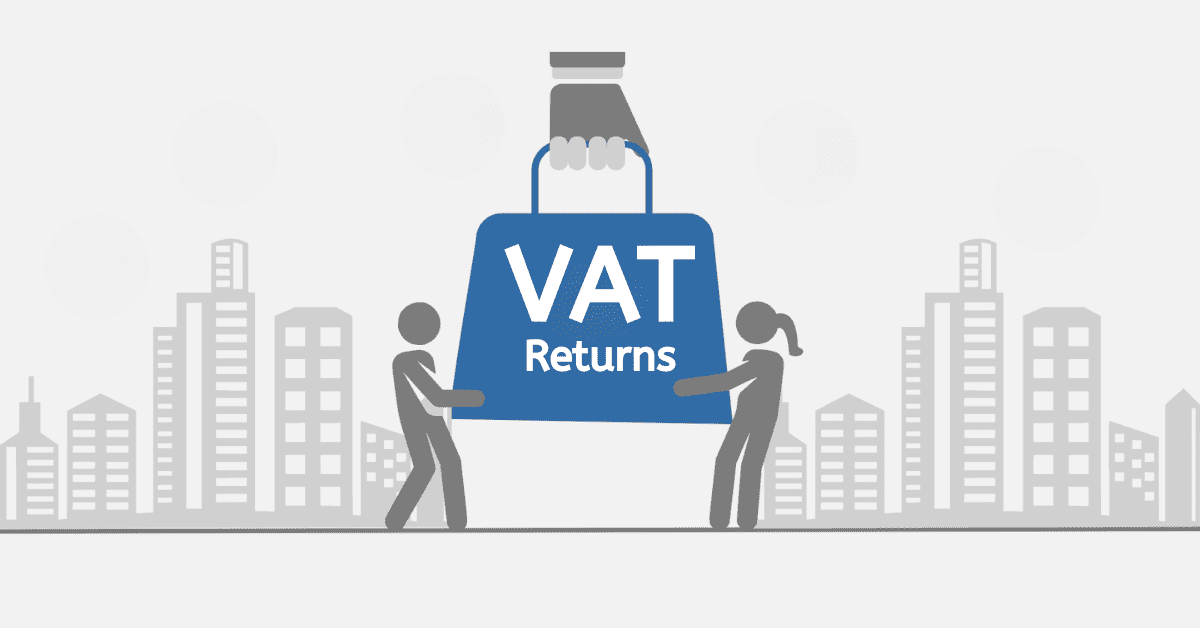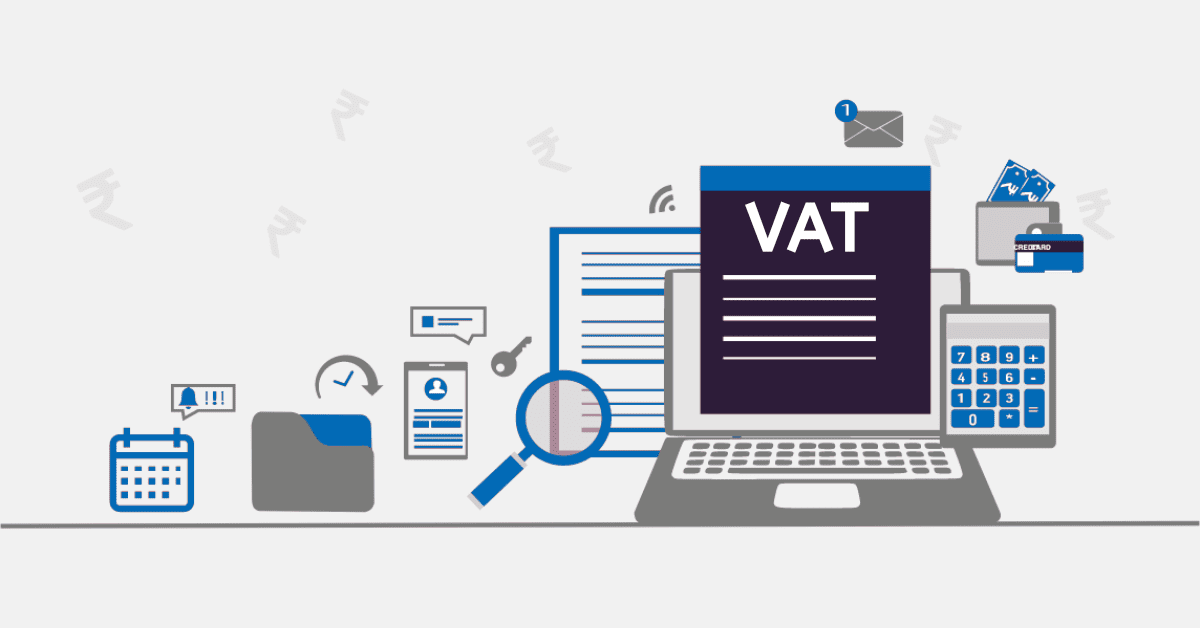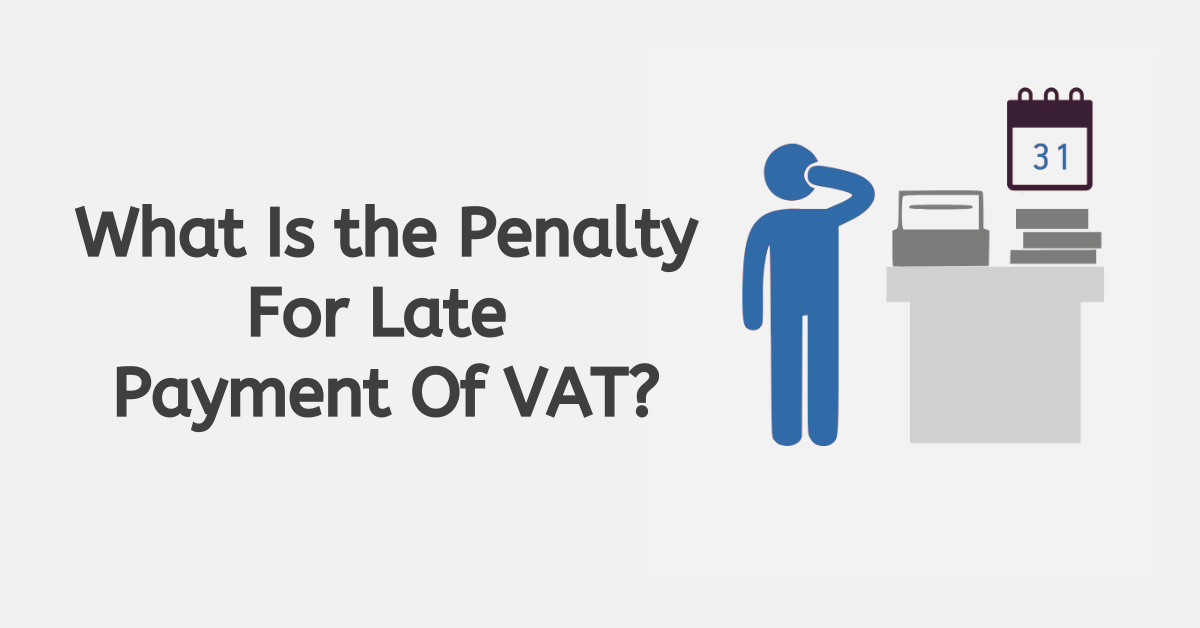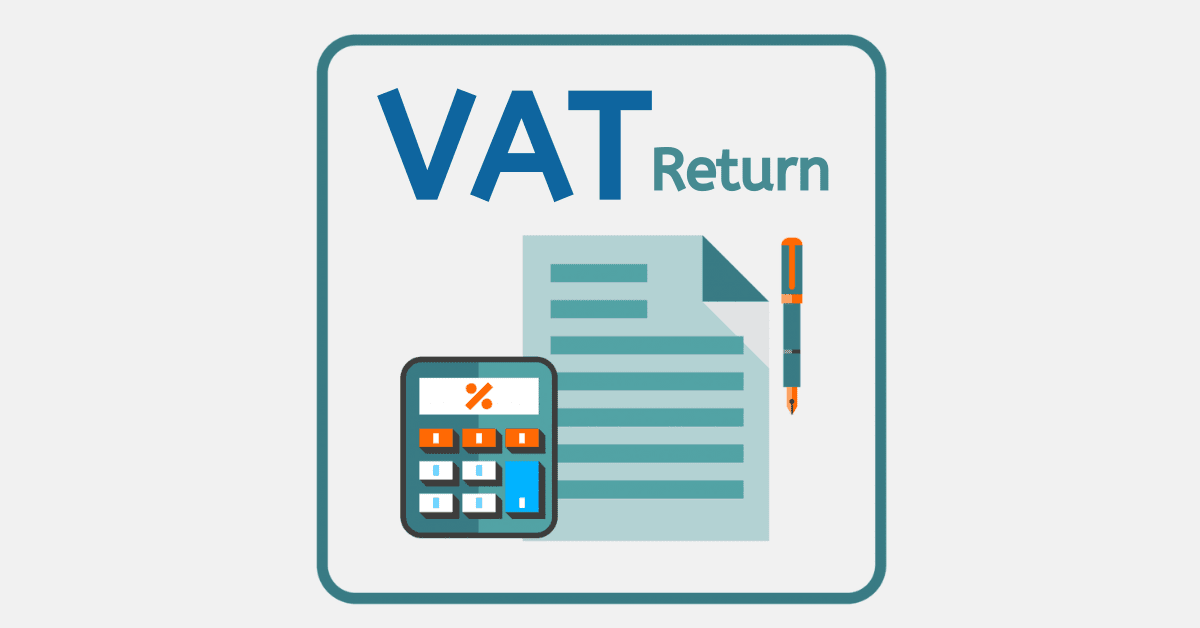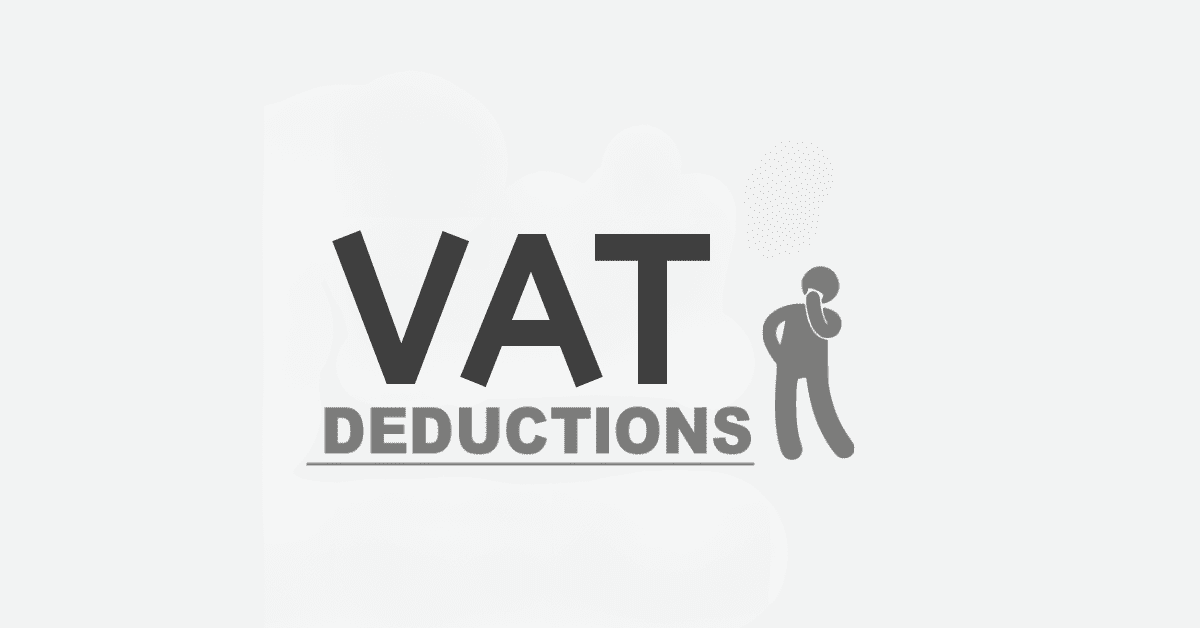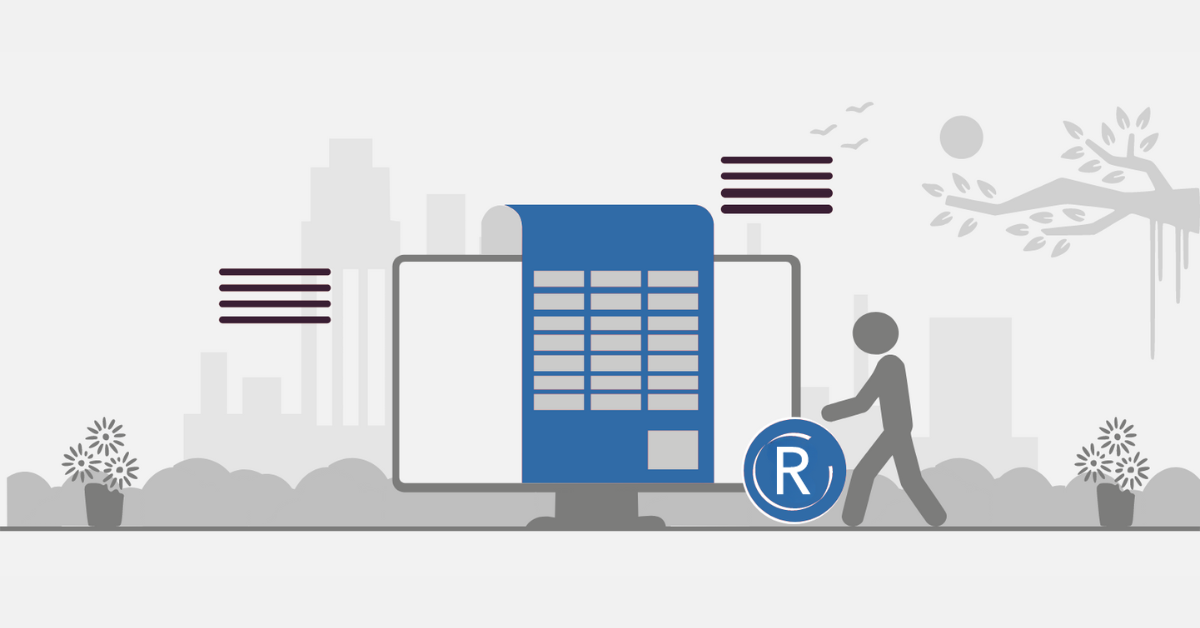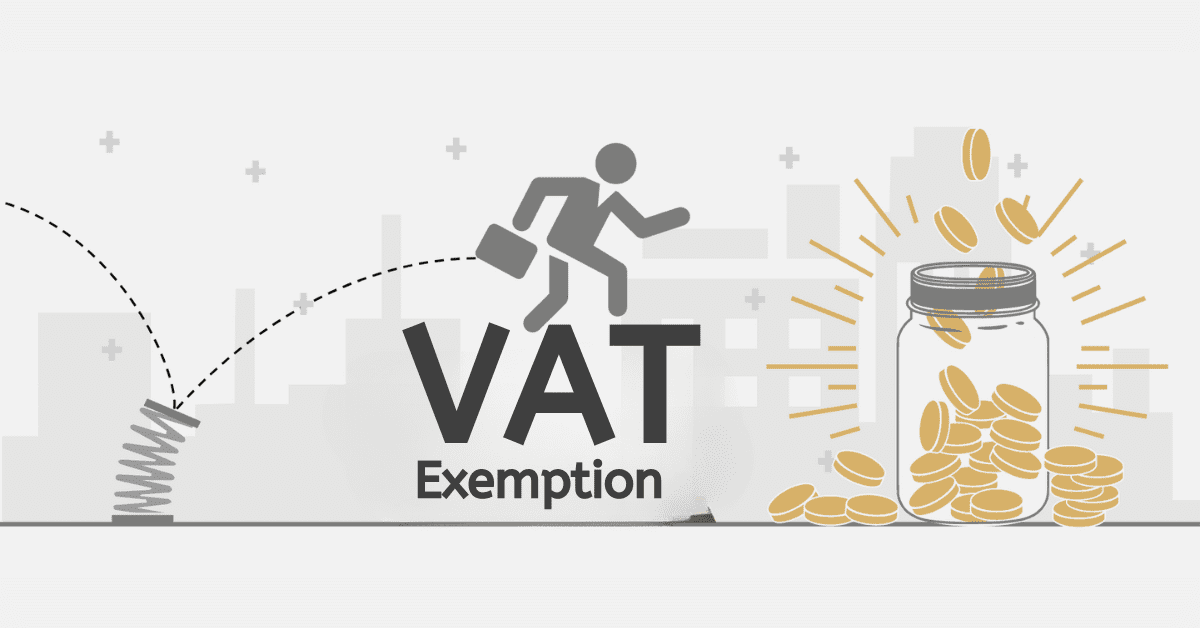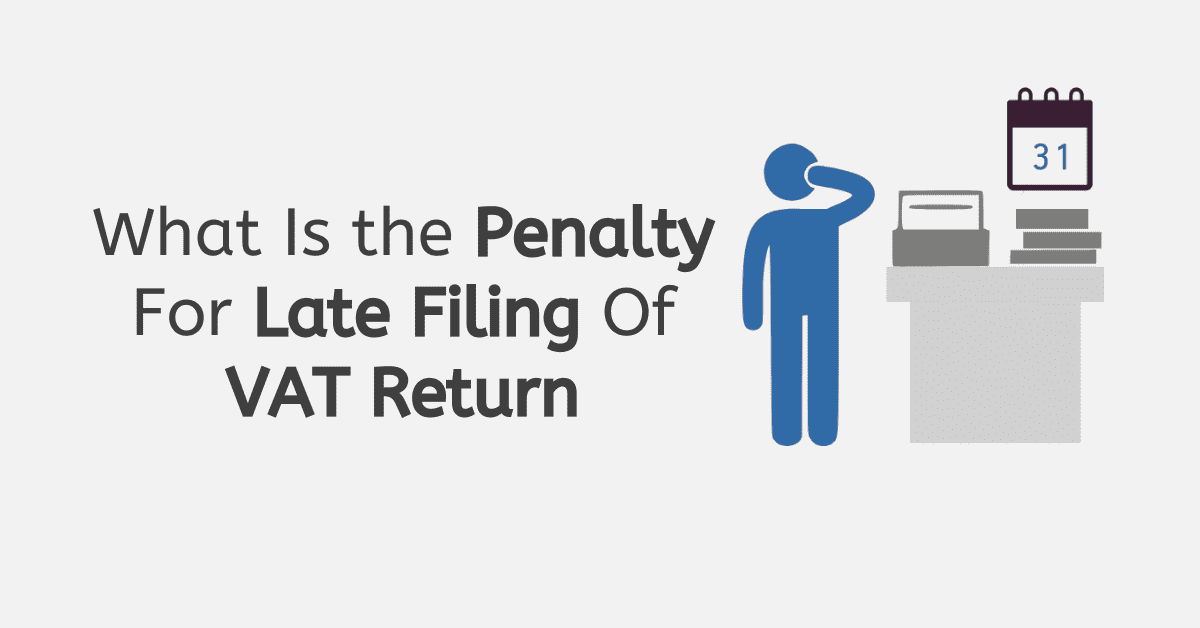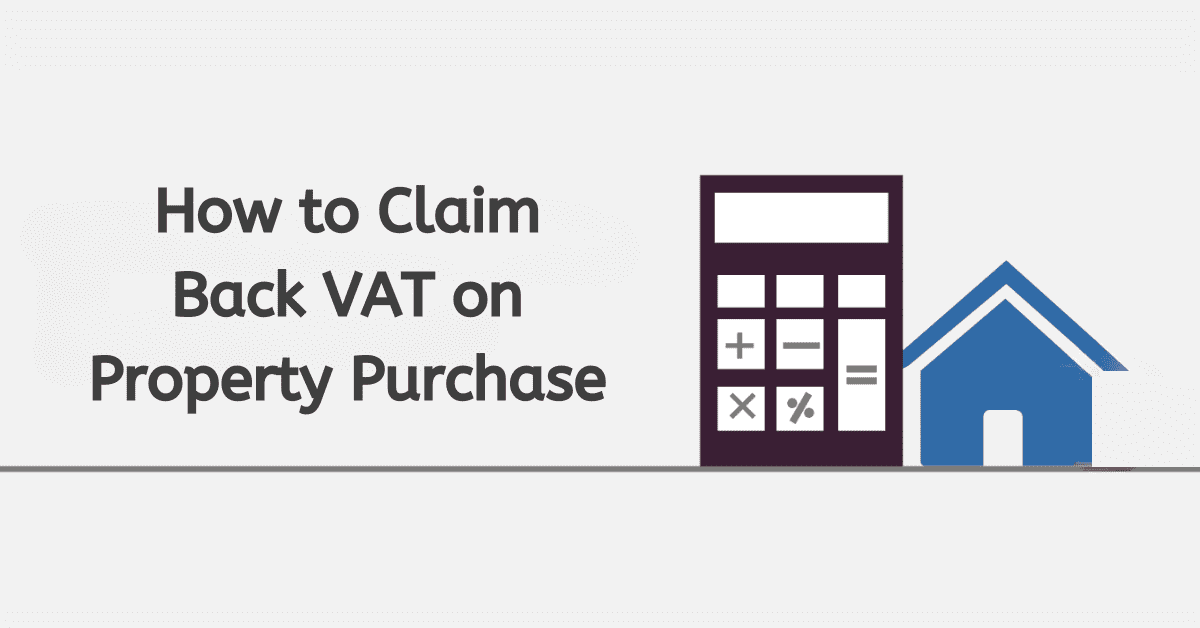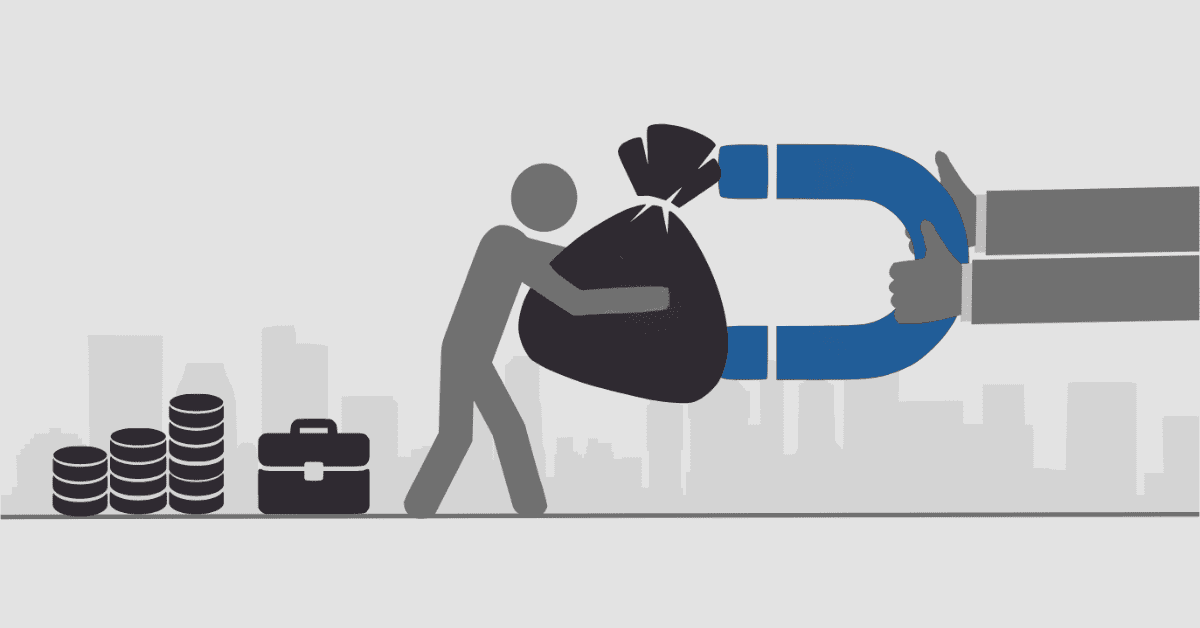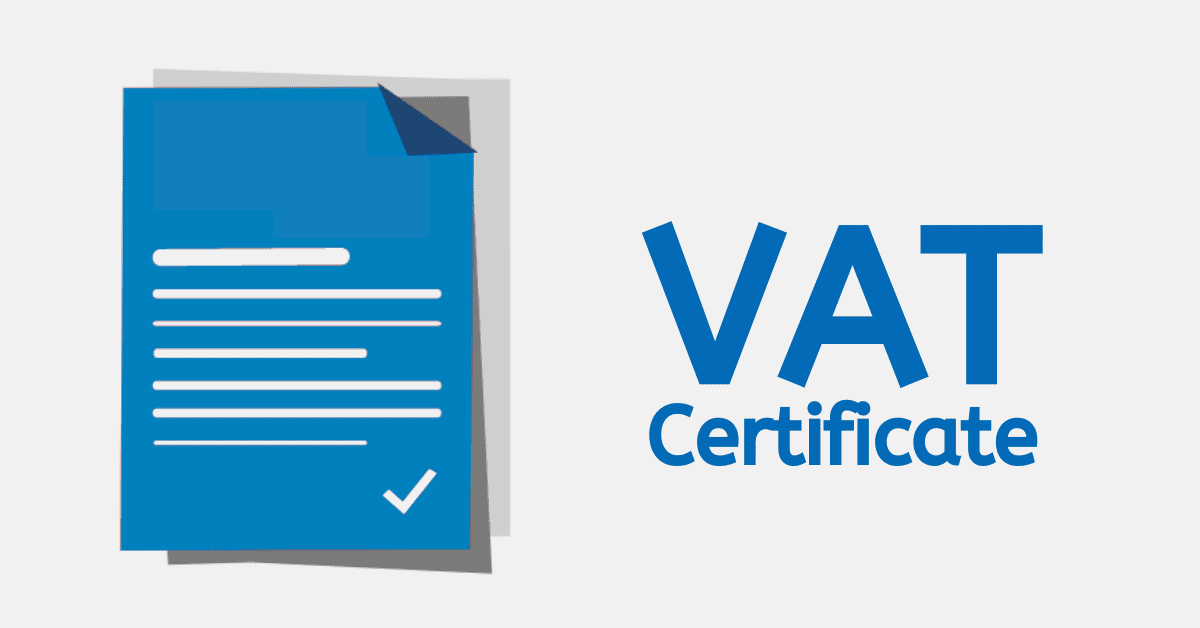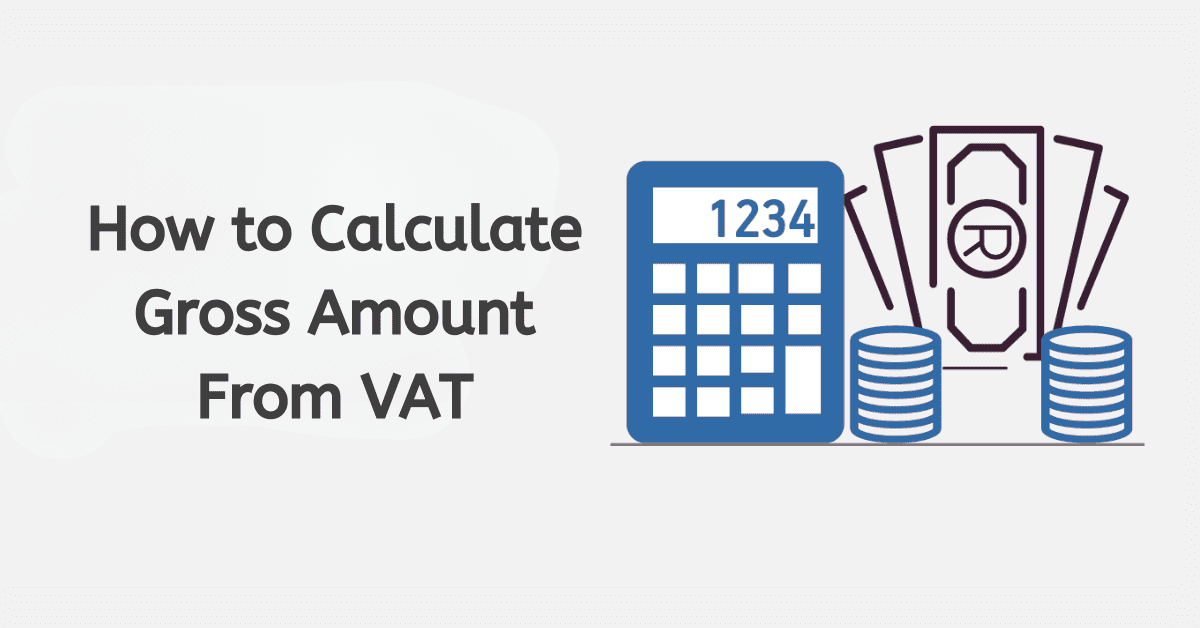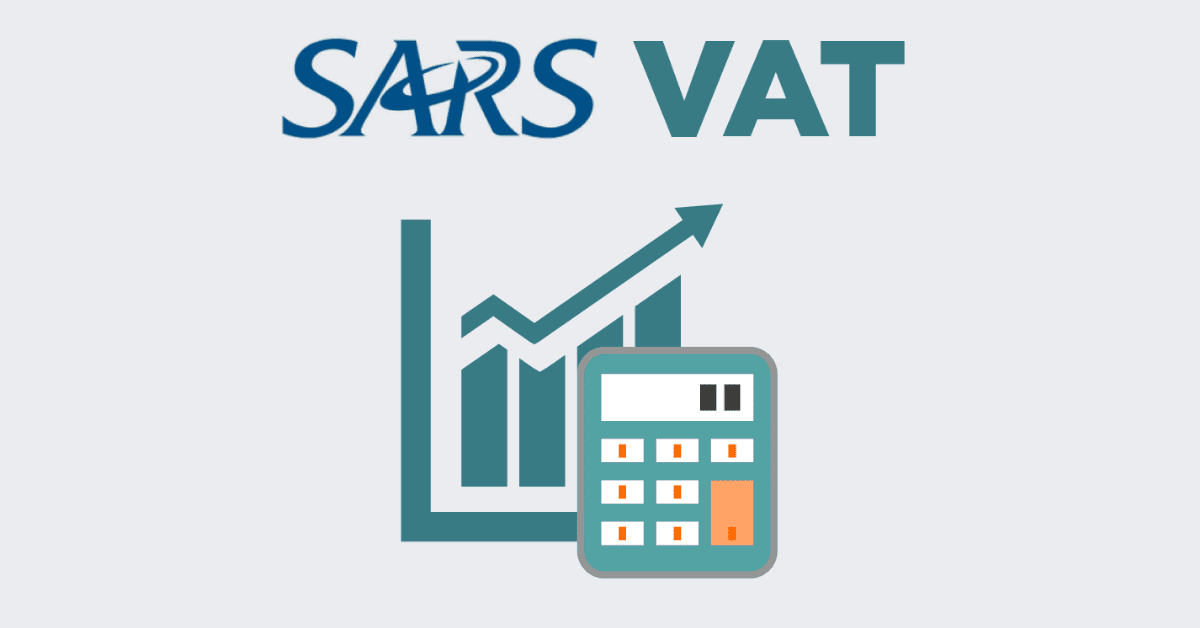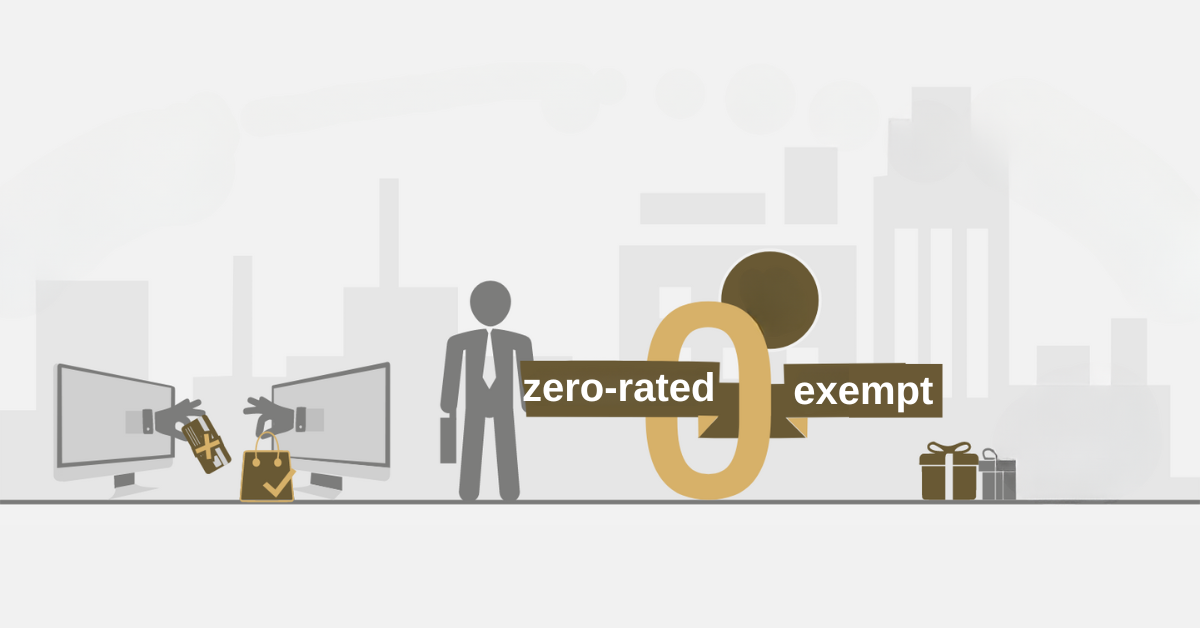If you are a VAT-registered vendor in South Africa, you will commonly want to work with other VAT-registered entities to make the most of the input VAT you can claim on your VAT 201 form. Luckily, there is an easy way to verify a VAT number with SARS and ensure you are dealing with legitimate vendors and partners.
How Do I Verify A VAT Number In South Africa?
The easiest way to verify a VAT number in South Africa is to head to the SARS VAT vendor portal. It is a good idea to confirm the VAT numbers of all entities you work with, as there is a growing amount of fraud wherein non-VAT-registered entities portray themselves as VAT-registered to leverage working partnerships with VAT vendors and the benefits they bring.
What Is A Valid VAT Number In South Africa?
A valid VAT number in South Africa contains 10 digits with no letters or special characters. It will always start with the number 4. Do not confuse this with an entity’s income tax number- while this is also 10 digits in length, it refers to a completely different tax type.
How Do You Check If A Company Is Registered For VAT?
The best way to check if a company is registered for VAT in South Africa is via the SARS VAT vendor portal. This portal will allow you to check a VAT number you have been provided against the SARS database and show if the company is still registered and in good standing.
Do remember that some fraudulent actors will give legitimate VAT numbers that are not for their company to try to scam VAT vendors into working with them. So, take the time to ensure that the company details on the SARS portal correctly match the entity you want to do business with.
If you notice an issue with a VAT number, whether it is yours or others, you should first contact the SARS helpline and the issuing company to see if there has been a legitimate mistake or if the number is, in fact, fraudulent.
How Many Types Of VAT Are There In South Africa?
There is only one type of VAT rate in South Africa- the 15% VAT applied to goods and services. However, some people get confused by the presence of both vat-exempt goods and services and zero-rated VAT goods.
Vat-exempt goods and services exist entirely outside the VAT tax system. They cannot charge VAT for what they do and cannot claim input VAT, either. Nor are they required to be VAT-registered regardless of taxable turnover. Examples of exempt items include financial services, residential rental income, and the sale of second-hand residential properties.
Zero-rated goods, on the other hand, are a type of staple product or service that is officially rated at 0% for VAT. This helps to pass on a cost saving to the end customer on critical goods we all need. Examples of zero-rated items include certain basic food items and certain services like medical and educational services. Entities that make these goods still exist within the VAT ecosystem and can claim their input VAT payments as VAT vendors.
What Is The Difference Between VAT And Tax In South Africa?
VAT is a type of tax in South Africa. VAT is a specific type of consumption tax that is levied on the value added to goods and services at each stage of the production and distribution chain. VAT is generally applied to most goods and services unless they fall under specific exemptions or are zero-rated. It is a form of indirect taxation, meaning the burden of the tax is passed on to the final consumer. Businesses that meet certain turnover thresholds are required to register for VAT, file regular VAT returns, and remit the collected VAT to SARS.
‘Tax’ is a far more general term. While it technically also applies to types of taxes like VAT and customs tax, most South Africans use it to refer to their annual income tax obligations and the related PAYE payments that are paid over to SARS on their behalf by their employers.
Why Is My VAT Number Invalid?
An invalid VAT number may be a simple error, so double-check that you have entered the number correctly in the search portal and that you haven’t transposed numbers or missed a digit. Additionally, make sure you are using the trading name of the entity and not its legal name. If the number continues to show as invalid, it is likely to either be a fraudulent number, or the entity could have possibly been de-registered for VAT, often due to a slip in the company’s taxable turnover dropping it below one of the thresholds.
If your own VAT number is showing as invalid, make sure that none of these conditions apply to you and that your VAT filing is up to date, and then approach SARS directly for help in sorting the matter.
Verifying a VAT number in South Africa is considerably easier now that the SARS VAT vendor portal is online and can typically be done without a visit to a SARS branch.
